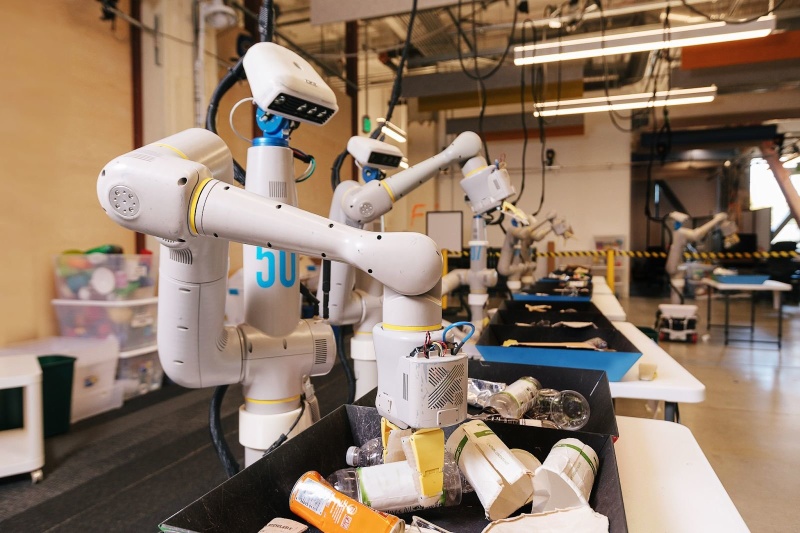 |
It's Saturday, November 23, 2019. Hey, good morning! You look fabulous.  Welcome to your weekend. Along with the LA Auto Show, this week’s car news ran the gamut from Ford’s Mustang Mach-E to whatever it was that Tesla showed off. But there were other highlight events, including an emotion-inducing return of Half-Life and the launch of Google Stadia. We’ll talk you through it. (View in browser.) Sponsored Content by Stack Commerce | | The leap from good to great.  Jabra’s latest true wireless earbuds are significantly smaller and last 2.5 hours longer than 2018’s Elite 65t. These Elite 75t buds also sound better, but they don’t have active noise cancellation or a wireless charging case (yet). If you're willing to live without those features, then at $180 they’re cheaper than challengers like Apple’s AirPods Pro or Sony's WF-1000XM3, Jabra’s latest true wireless earbuds are significantly smaller and last 2.5 hours longer than 2018’s Elite 65t. These Elite 75t buds also sound better, but they don’t have active noise cancellation or a wireless charging case (yet). If you're willing to live without those features, then at $180 they’re cheaper than challengers like Apple’s AirPods Pro or Sony's WF-1000XM3, | | Some of you can relate.  The shocking return of Valve’s flagship franchise this week has presented Gordon Freeman fan Nathan Ingraham a roller coaster of emotions. "Half-Life is back... but it's a prequel... The trailer looks fantastic... but I need to find hundreds of dollars to get a rig so I can play it. I really want to play it, and ultimately, I think I'm going to have to get on board with VR." The shocking return of Valve’s flagship franchise this week has presented Gordon Freeman fan Nathan Ingraham a roller coaster of emotions. "Half-Life is back... but it's a prequel... The trailer looks fantastic... but I need to find hundreds of dollars to get a rig so I can play it. I really want to play it, and ultimately, I think I'm going to have to get on board with VR." | | It’s impressive, but the game selection is expensive and underwhelming.  Google promised a lot with its streaming game service, and it delivered on most of it. With Stadia, you can stream and play AAA titles like Destiny 2, Red Dead Redemption 2 and, well, 20 other games. We’ve been playing the new service for a week, and while it all hinges on how fast your home internet works, these games work. Jessica Conditt explains all. Google promised a lot with its streaming game service, and it delivered on most of it. With Stadia, you can stream and play AAA titles like Destiny 2, Red Dead Redemption 2 and, well, 20 other games. We’ve been playing the new service for a week, and while it all hinges on how fast your home internet works, these games work. Jessica Conditt explains all. | | Straight out of science fiction. The idea that the functions of the human body can somehow be put on "pause" while life-saving medical procedures are performed (or a person is sent into space, a la Alien) has long seemed untenable -- until now. According to New Scientist, doctors have successfully placed humans in suspended animation for the first time, in a trial that could have an enormous influence on the future of emergency-room surgery. The technique is officially called emergency preservation and resuscitation (EPR) and is being tested at the University of Maryland Medical Center on patients that arrive with acute trauma, such as a stab or gunshot wound. With EPR, the patient is cooled rapidly by replacing their blood with ice-cold saline -- the heart stops beating and brain activity almost completely stops. With chemical reactions in cells slowed down, a surgical team has two hours to work on the patient's injuries before they're warmed up and their heart is restarted. Full results of the trial are expected to be announced by the end of 2020. | | But wait, there's more... | | | |
















No comments:
Post a Comment